Blog
Press Release: September 20, 2018
God Speaks Every Language!

Bible Translation Day
September 30 is Bible Translation Day as enacted by Congress in 1966, a time to stop and reflect on the progress made to spread God’s Word in indigenous languages and how far we still have to go so that Scripture is available to those of every nation, people and language.
Why We Celebrate
Recently, we’ve witnessed the wonderful culmination of the translation process as the Kalanga people of Botswana received the full Bible in their language. It was a time for thanksgiving and praise for all who attended.
“Today, we had the privilege of celebrating the launch of the Kalanga Bible. What a blessed occasion! Choirs, bands, the Kalanga chief, leaders from many different churches, political leaders, and international visitors all celebrated together,” said Kelsey Grulke. “As the Bible was being presented, the wind picked up suddenly and I was reminded of Pentecost, when God’s spirit blew like a mighty wind. The apostles were then enabled to speak in the languages of the people present. Today, the Kalanga people were reminded that God speaks Kalanga, too!”
Kelsey Grulke and her husband, Rev. Carl Grulke, recently began their first translation assignment with Lutheran Bible Translators in Botswana. Attending the dedication of the Kalanga Bible was a joy in itself, but it also gave them a glimpse of the joy to come in the years ahead as they and their co-workers complete translation in the Shiyeyi and Shekgalagari languages.
The Grulkes are just one of the missionary families serving in translation and Scripture engagement projects with Lutheran Bible Translators. They’ve joined the ranks of hundreds of missionaries, support workers, and volunteers who have helped complete over 40 translations since 1964.
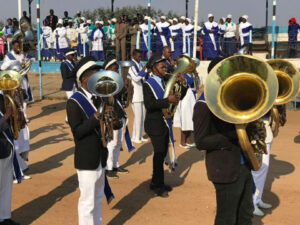 A Great Need
A Great Need
Those who serve in Bible translation know that it can be a long road to complete a project. Much depends on the level of readiness already on the field – does the language have a viable written form, is there a translation team in place? What are the literacy levels in that language community? What will work best to ensure that people will be able to access Scripture once translation begins? Is there a group of prayer and financial partners willing to support the translation of God’s Word into the language of a people they do not know – people who will remain in darkness until someone shares the love of Christ with them?
The latest statistics show the full Bible has been translated into 670 languages. That makes the Kalanga Bible number 671. That’s 671 languages out of over 7,000 spoken in the world. Thankfully, there are New Testaments and Scripture portions available in over 2,500 other languages. But hundreds of millions worldwide are still without one word of Scripture in a language they can understand.
The mission of Lutheran Bible Translators is to make God’s Word accessible to those who do not yet have it in the language of their hearts. Our vision is to see lives transformed as people read, hear, and share the Word of God in their homes, churches, and communities.
As bands played, and speeches were made at the Kalanga dedication, as a poet laureate spoke and the crowd cheered, the Bible was presented to the people, displayed in a basket of sorghum. Sorghum is a staple crop in Botswana, considered the bread of life. This grain that people depend upon for their very survival was used to represent God’s Word as the true Bread of Life.
Please pray that the Kalanga will grow in God’s grace through His Word. And please consider supporting Bible translation through Lutheran Bible Translators so those still waiting can receive the Bread of Life into their hands and hearts.

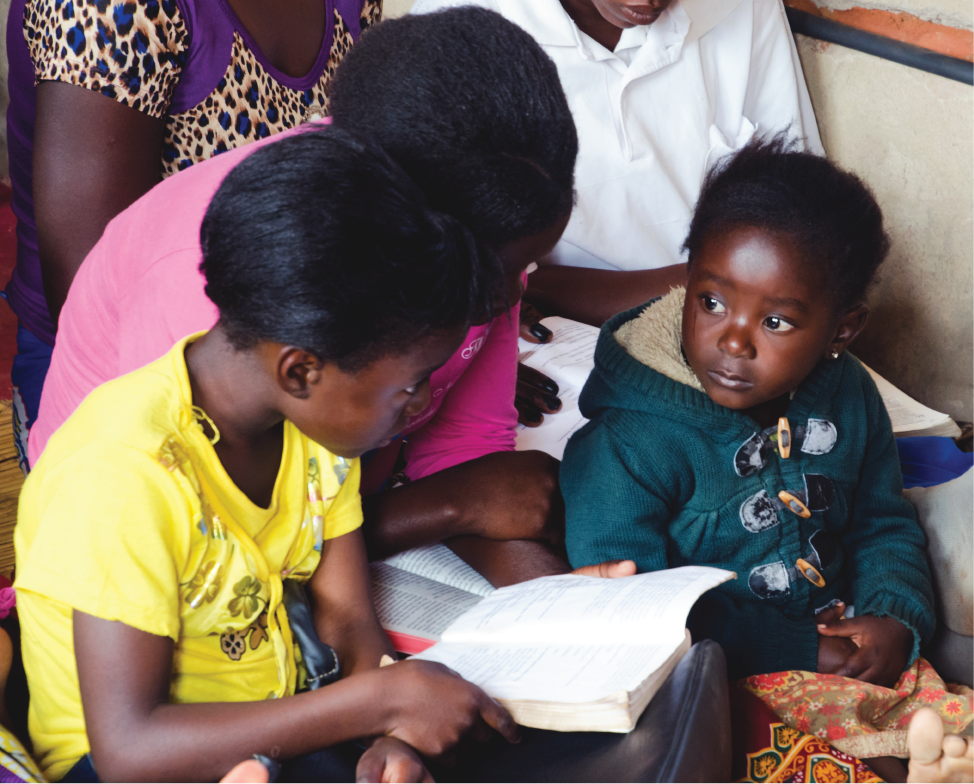
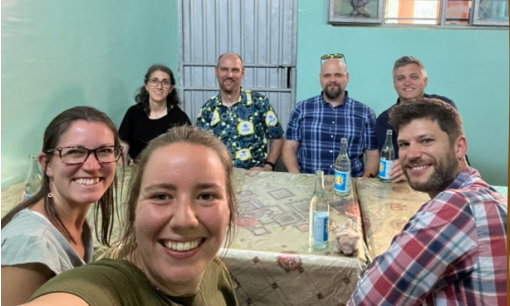
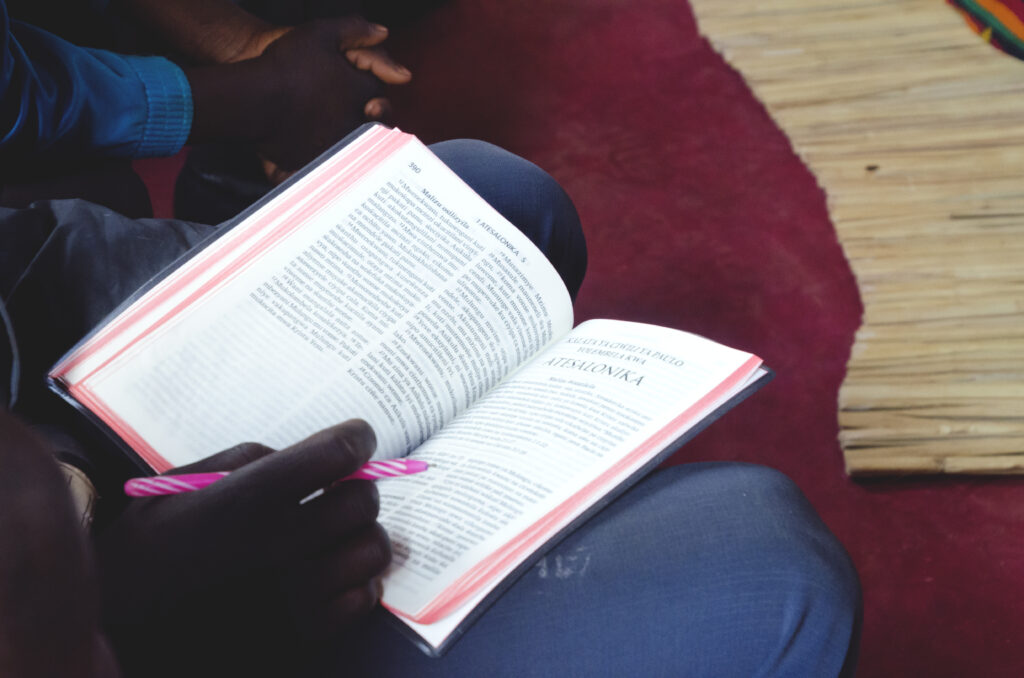
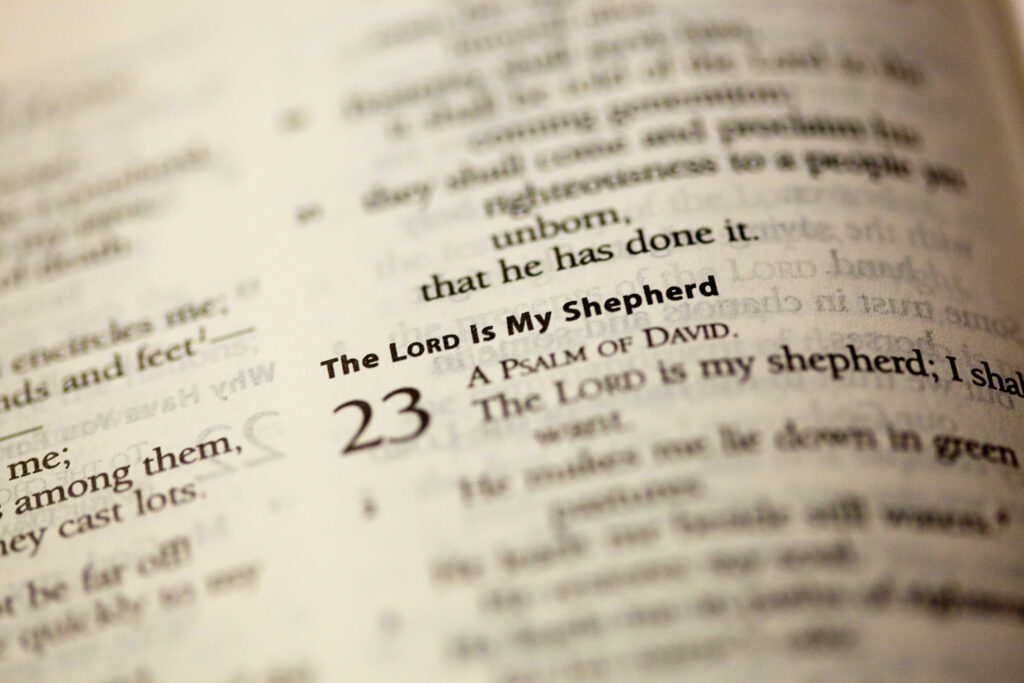
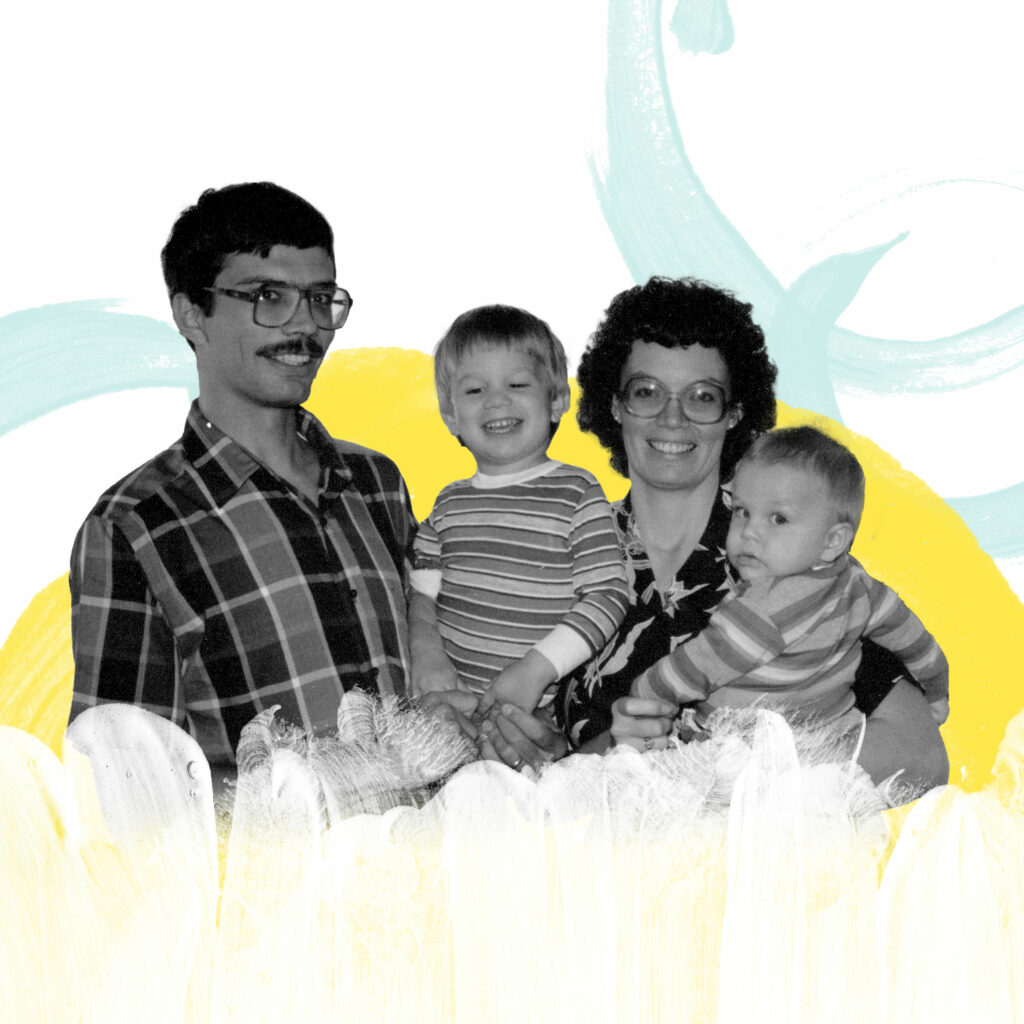
Leave a Reply
You must be logged in to post a comment.